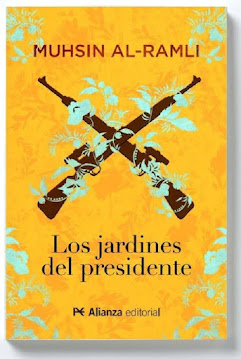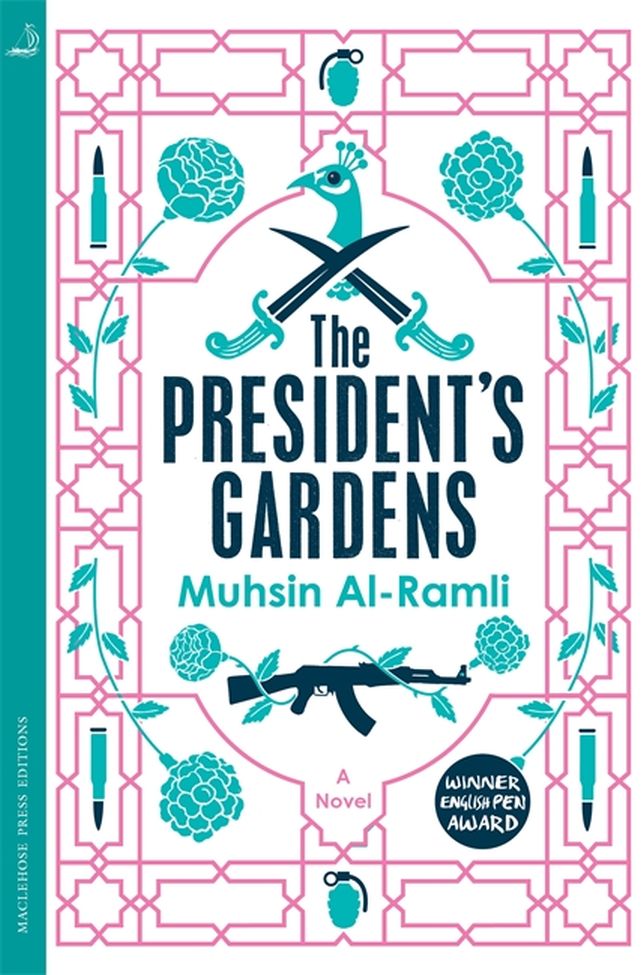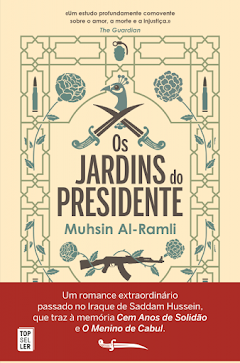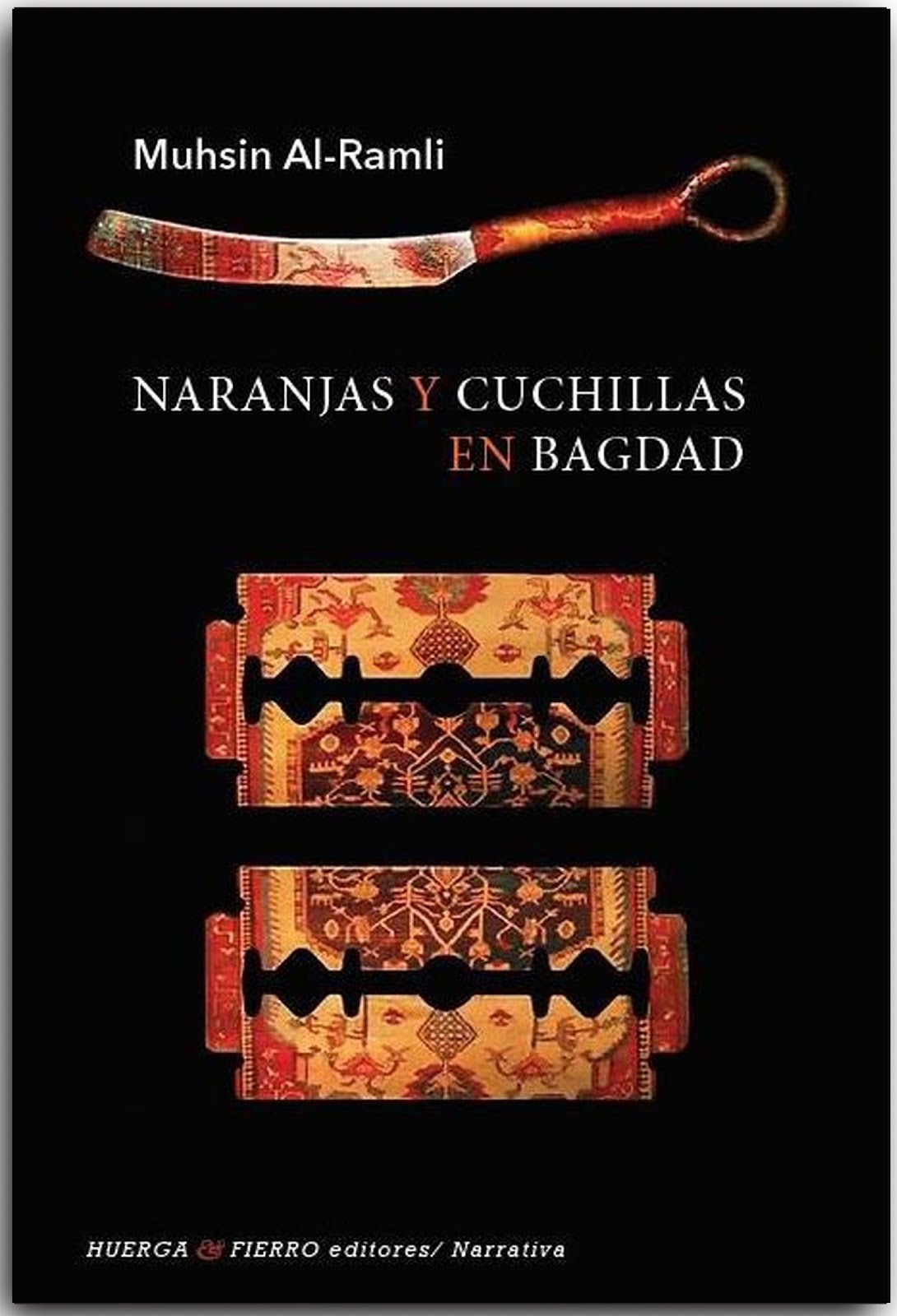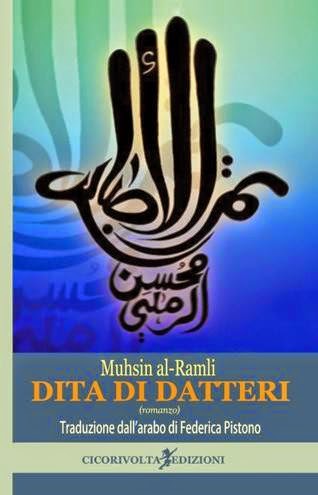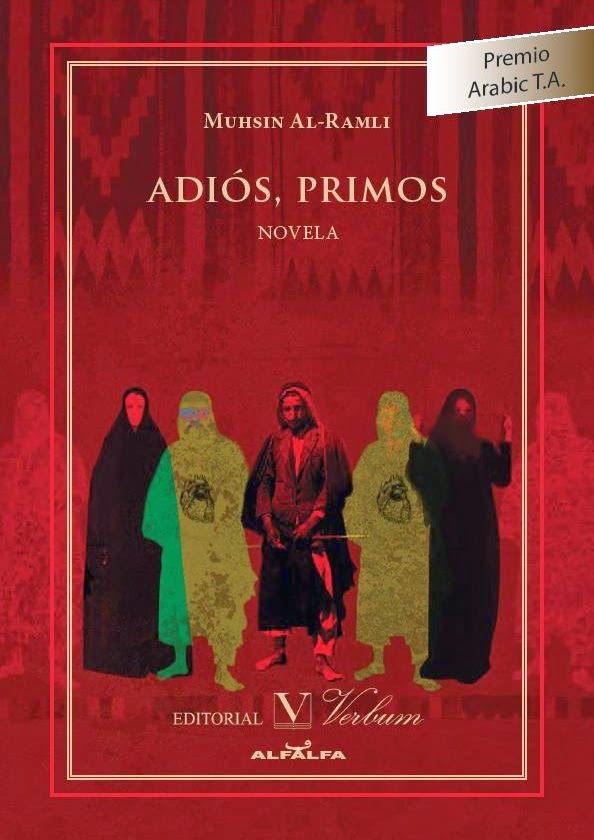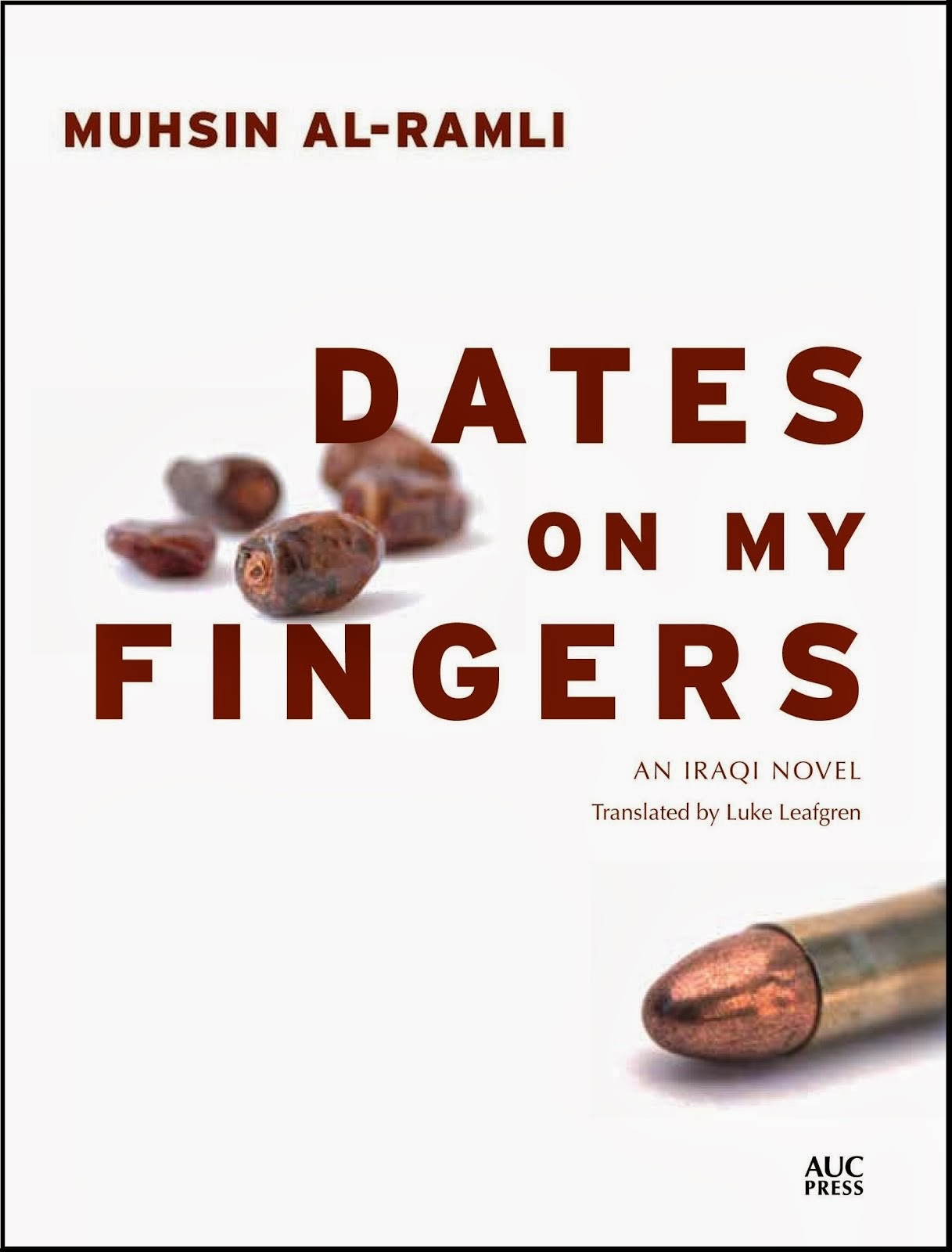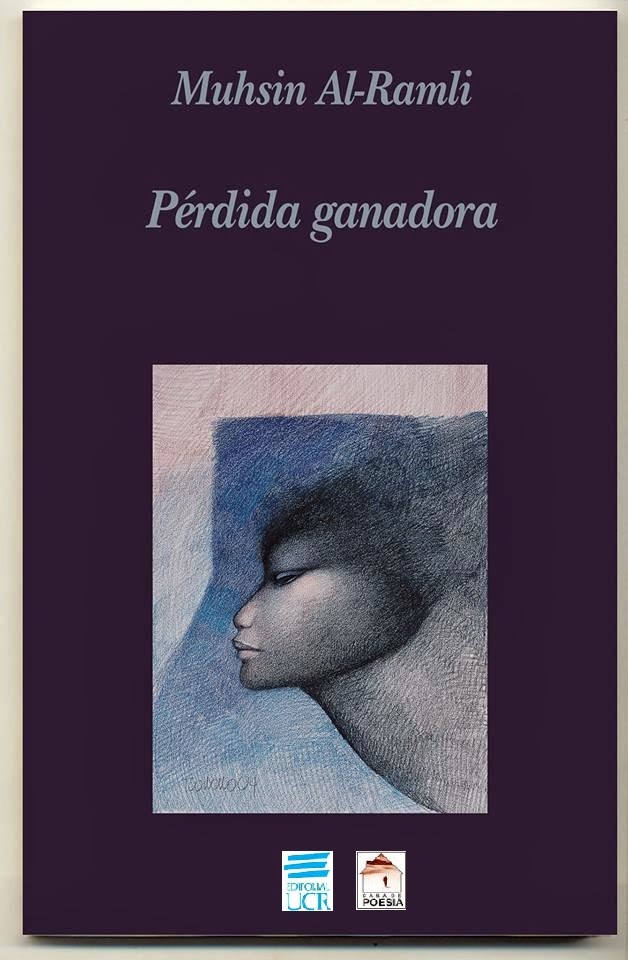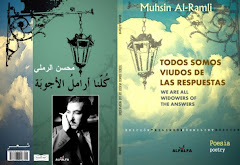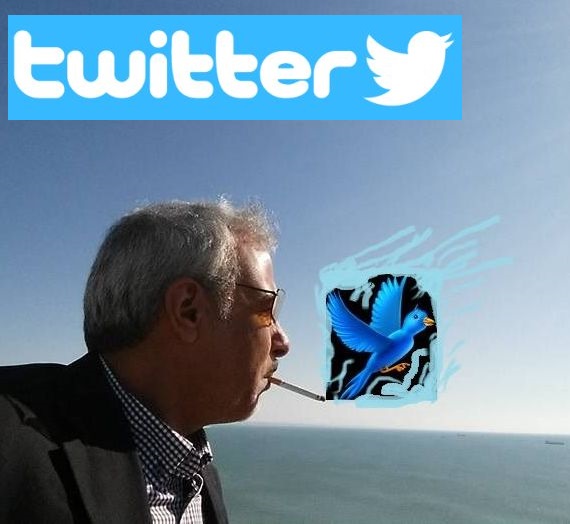Looking at the 2013 Longlist:
Muhsin Al-Ramli’s ‘The
President’s Gardens’
Muhsin Al-Ramli is one of two Iraqis on this year’s
International Prize for Arabic Fiction longlist. Many of you will already know
his work, but: Al-Ramli was born in 1967 in northern Iraq, into a family of
nine children.
He initially dreamed of becoming an actor, but his
conservative father forbade it. So instead, Al-Ramli chose journalism. A friend
told him that journalism required a second language. And — in part because he
couldn’t bear English and in part to read authors like Gabriel Garcia Marquez
and Mario Vargas Llosa in the
original– he chose Spanish.
Al-Ramli’s
brother, Hassan Mutlak, was also a prominent writer. But Mutlak was
assassinated while still a young man, in 1990. Al-Ramli said in an Al Jazeera
profile: “I have always been influenced by him, I am a student of Hassan Mutlak
and I feel that I owe him everything I know, for when the Iraqi regime decided
to take away his life, they deprived the world of a great voice, and I feel its
my responsibility to bring out this voice again.”
Al-Ramli moved
to Spain in 1995, where he did his PhD and continues to make his home. As well
as being a novelist, he is also a translator, and has brought Don Quixote,
among other texts, from Spanish into Arabic.
Al-Ramli has written three novels, in addition to
writing poetry and short stories. His first novel, Scattered Crumbs
(2000), was translated into English by Yasmeen al-Hanoosh, and won the Arkansas
Translation Award. (Read an excerpt on Al-Ramli’s blog.) His second novel, Fingers
of Dates (2008) met with wide acclaim and was longlisted for the 2009
International Prize for Arabic Fiction. It was also released in Spanish as Dedos
de Datiles.
Author with the Spanish edition, Dedos de Datiles
About Al-Ramli’s
Fingers of Dates, fellow Iraqi writer Hassan Blasim said: “This novel is free
from the exaggerated poetic language sometimes found in Arab narratives. And
it’s an Iraqi novel that doesn’t use the language of melancholy and melodrama,
as happens in Iraqi novels. It’s a clever novel — it explores with a sense of
fun the depths of tragicomedy in Iraq during the dictatorship.”
Al-Ramli’s third novel, The President’s Gardens
(2012), was again longlisted for the 2013 IPAF. It also traces the impact of
Iraqi history — war, embargo, dictatorship, occupation — on the lives of
ordinary people.
Iraqi novelist
Ali Badr, who chose the book as one of his favorites of 2012, said that The
President’s Gardens “has strong political themes drawn from Iraqi social
history, and gives a hard critical examination of the power held by the Saddam
Hussein, and after, the epoch of American occupation: the civil strife,
unlawful killing, torture and ill-treatment, kidnapping and hostages…and sheds
some specific reflection, albeit in fictional guise, on the nature of the
authoritarianism. It also analyzes the economics, politics, and rule of the
régime as a history book might.”
In the
Al-Jazeera profile, Al-Ramli also spoke about the importance of translation:
With respect to
the translations I have written, apart from my books, I would not be
exaggerating if I said that I have translated hundreds, if not thousands of
other short texts, and all of them were of the literary genre. Translation from
one language to another for me is a second mission. I find it necessary, and at
times I also find myself obliged to translate, because although my main mission
and dream is to dedicate myself exclusively to creative writing and literature,
I understand that part of my duty is to translate from Spanish to Arabic and vice
versa because I am fluent in both, and I find it important for me to complete
this service between the two languages and the two cultures.
Note: I had
heard late last year that Fingers of Dates was being translated into English,
although I’m not sure I was ever told who was doing it or for which publisher.
Part 1 of a
2009 profile of Al-Ramli that ran on Al-Jazeera:
Selections of Al-Ramli’s poetry in English, trans. Samantha
Lewis:
-----------------------------------------------------------
* published in (Arabic Literature (in English), Posted on December 10, 2012 by mlynxqualey







